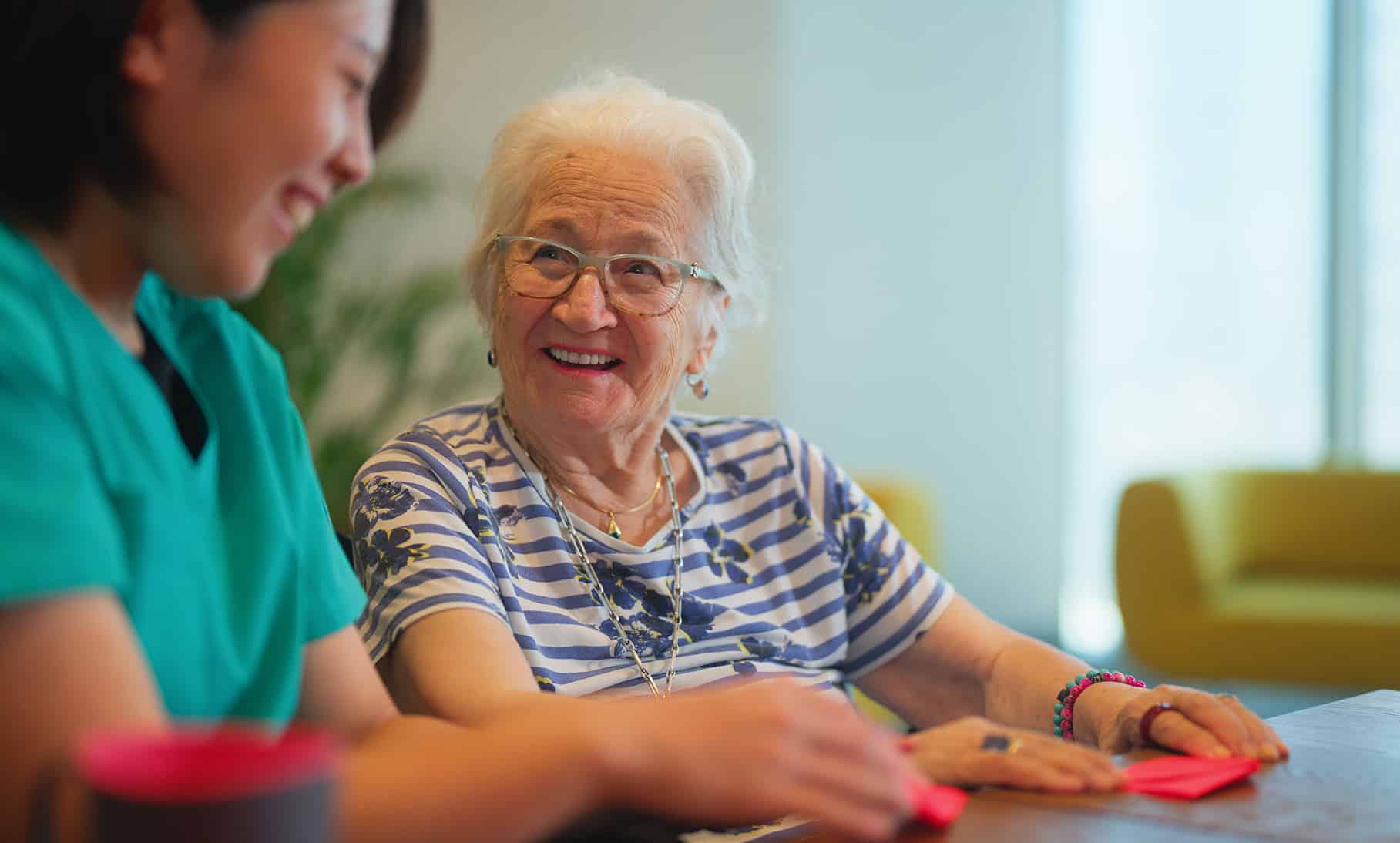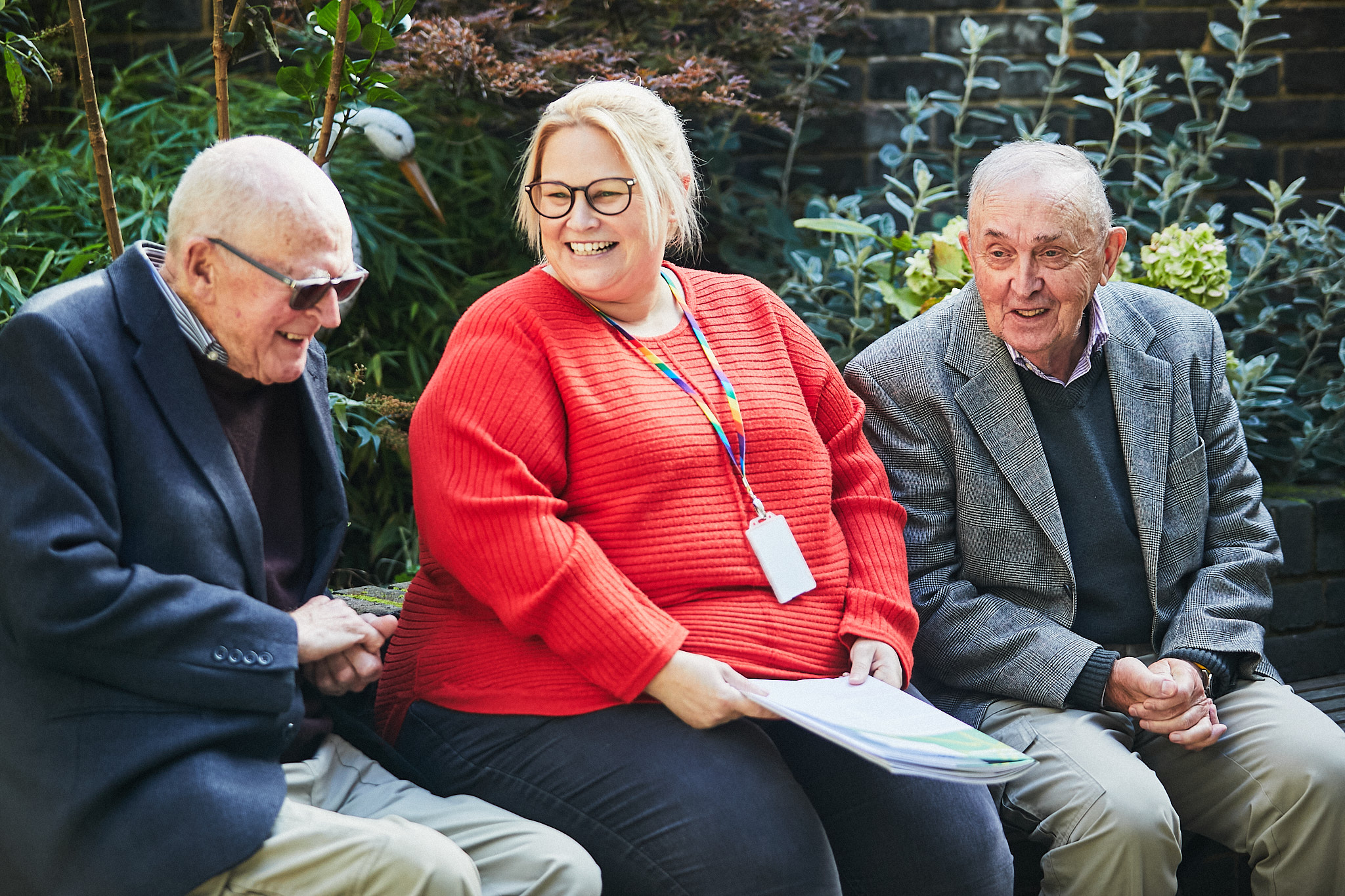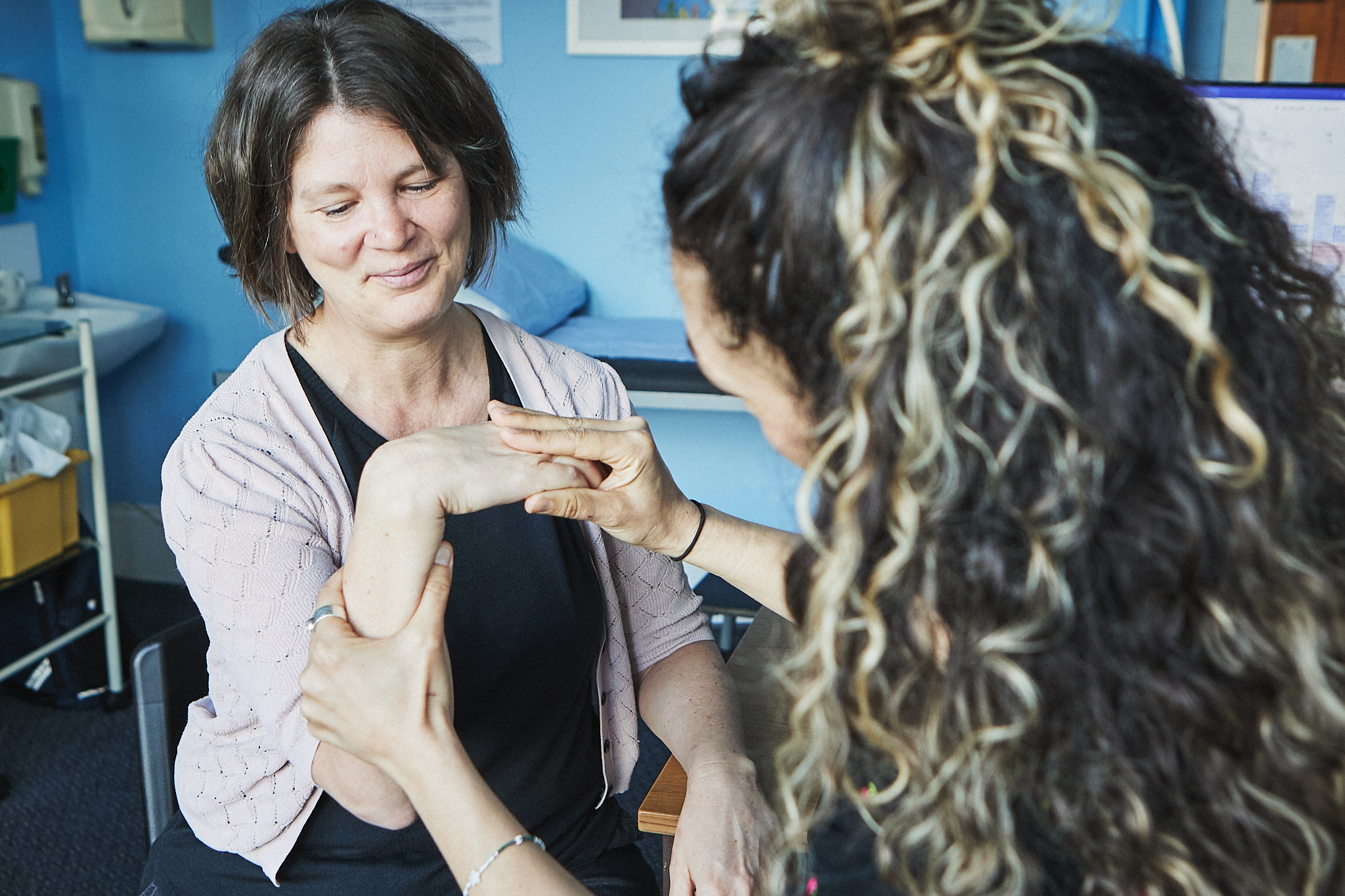Case study
Cutting wait times for memory assessments in Brighton & Hove, without cutting corners
When someone seeks help for memory loss, every month of waiting matters.
In Brighton & Hove, growing demand meant that people referred to our Memory Assessment Service (MAS) could wait up to 13 months for an assessment. Recognising the need for change, we collaborated with commissioners, clinical teams, and partners to take action, improving access while continuing to provide the care and dignity that every person deserves.

The challenge
A memory assessment is the gateway to accessing dementia care. But as demand grew in Brighton and Hove, so did waiting times, leaving individuals and families uncertain at an already difficult time.
Like many services nationally, we were working within tight resources It was clear that faster access was essential, but only if we could achieve it without compromising the quality and dignity people deserve.
What we did
We looked at the whole service pathway, from referral to assessment, and made a series of thoughtful changes to improve flow, increase capacity, and support people more effectively while they waited.
- We streamlined our processes and restructured our clinical model, making better use of capacity and reducing bottlenecks.
- We continued to offer one-to-one support and regular check-ins, building on our ‘What Matters to You’ conversations, helping people feel informed, reassured and heard.
- We recruited additional clinical staff to help us meet demand and reduce delays.
- We also deepened our partnership with the Alzheimer’s Society to ensure wider wraparound support was available from the moment someone was referred.
Impacts we’re proud of
38% waiting times reduction
from 13 to 8-10 months* – with further improvements on the way.
100%
of patients felt treated with compassion, dignity and respect
1,121 referrals
supported over the period, with 2438 personalised conversations helping people feel seen and supported from the start
*Patient-Reported measure of Shared-Decision Making


“MAS is one of the few places which gives people their time. They ask questions and genuinely care how you are. Not all services are like this.”
“I just want to express my eternal thanks for the help, support and understanding I receive each time I contact the service. It always feels that my concerns are heard and responded to with empathy.”
“You are all angels. Don’t ever forget that.”

Feedback from patients, carers and professionals reflects the value of feeling listened to and cared for throughout.
Why it matters
For NHS commissioners and partners: a collaborative and scalable model to respond to rising demand without compromising quality.
For people and families: faster access, earlier support, and an experience grounded in dignity and care at a critical life moment.
This is part of an ongoing journey. With further improvements underway, we’re continuing to explore how to meet growing needs in a way that is sustainable, responsive, and person-centred.
To find out more about our Dementia services, or speak to one of the team drop us note
Email: collab@hereweare.org.uk
*as at May 2025


